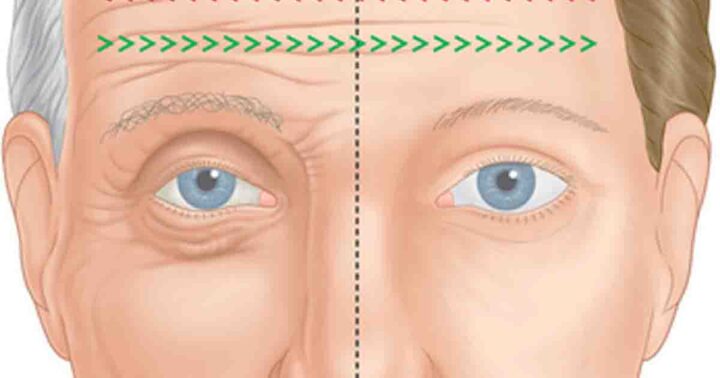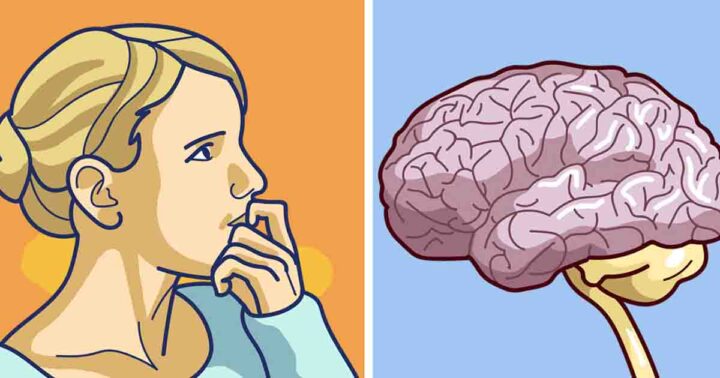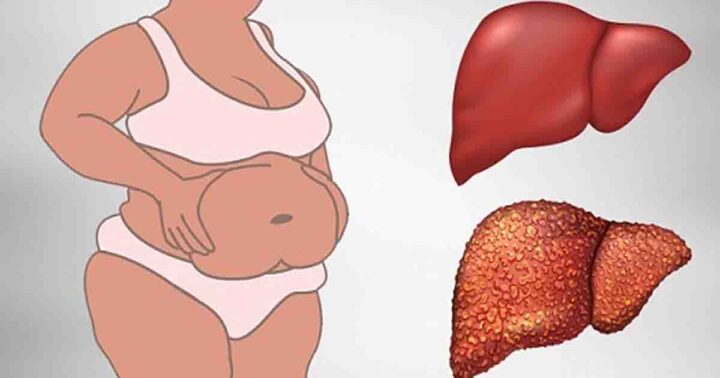Located beneath the rib cage, vital organs play a crucial role in cleansing and detoxification, filtering 10-150 quarts of blood daily. This process is vital for maintaining overall body functions and keeping the blood healthy. The kidneys, in particular, eliminate excess fluids and waste materials from the body, regulate electrolyte levels, support strong bones, produce more red blood cells, and help stabilize blood pressure.
It is important to recognize signs of kidney trouble, as compromised function can lead to serious health issues. By being aware of potential kidney damage or failure, you can take preventive measures to maintain optimal kidney health and protect your overall well-being.
Swelling
Kidney failure can lead to difficulties in removing excess fluids from the body. This can cause a person’s face, joints, and limbs to appear bloated and swollen.
Changes in Urination Early signs of kidney issues can include:
- Struggling to urinate
- Feeling pressure during urination
- Dark, infrequent urine in small amounts
- Pale, frequent urine in large amounts
- Foamy urine
- Frequent nighttime urination urges
Skin Rash
Skin rashes and itchiness can be linked to waste buildup in the body due to kidney failure. The accumulation of waste in the blood can result in dry, irritated, and unhealthy-looking skin. While lotions and creams may provide temporary relief, they do not address the underlying issue.
Fatigue
Healthy kidneys produce EPO (erythropoietin), a hormone responsible for creating red blood cells that transport oxygen. If the number of red blood cells decreases, fatigue can occur, affecting the brain and muscles. This can be a sign of severe anemia.
Shortness of Breath
Shortness of breath may be connected to kidney damage. When the body does not receive enough oxygen, it is often due to a low number of red blood cells that carry oxygen throughout the body. The reduced amount of red blood cells can be related to toxins accumulating in the lungs.
Metallic Taste in Mouth
Waste buildup in the blood can alter one’s sense of taste, leading to a metallic taste in the mouth and persistent bad breath. A significant change in appetite or taste preferences may also indicate kidney damage.
Pain
Pain in the upper back, near the location of the kidneys, can be a symptom of kidney issues. Infections or kidney stones can exacerbate this pain.
Poor Concentration and Dizziness
Insufficient oxygen flow to the brain can be a sign of severe anemia and kidney failure. This can lead to difficulty concentrating, lightheadedness, dizziness, and memory problems.
To promote kidney health, incorporate a balanced diet rich in antioxidants, either through food or supplements. This will help ensure that your kidneys function efficiently and process beneficial nutrients.











